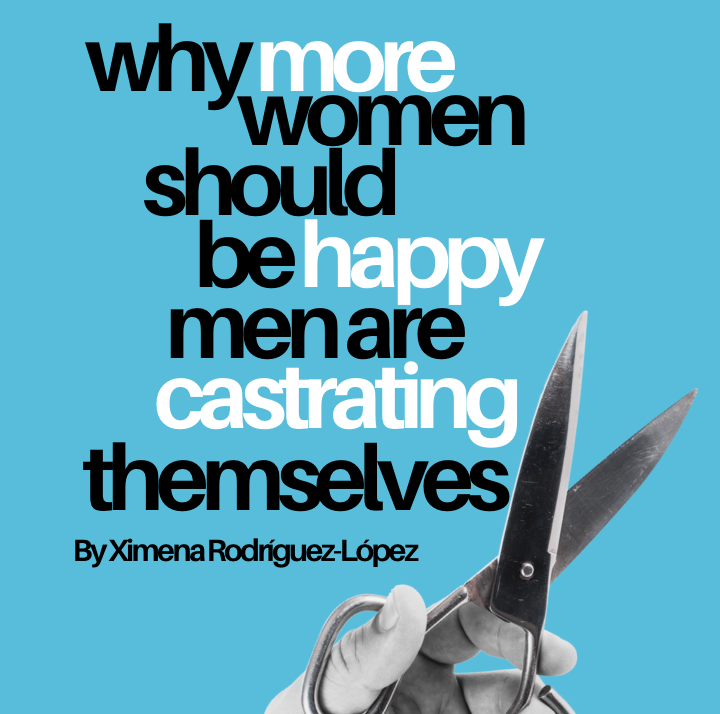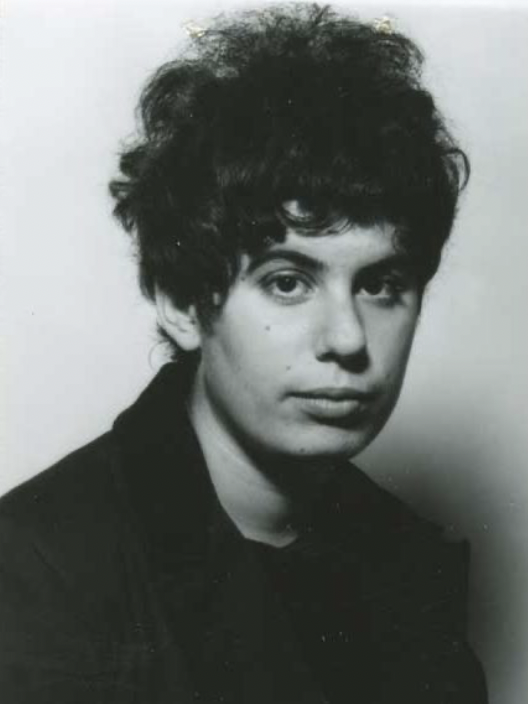The Market Of Women Dying
Assisted Dying Law Sparks Concern from Religious Women—But Highlights a Deeper, Painful Irony
By Sharnellia Bennett-Smith
United Kingdom — More than 100 women from across Christian, Muslim, Jewish, and Sikh communities have issued a stark warning about the proposed legalization of assisted dying in England and Wales. In a unified and emotional open letter, they caution that the bill—meant to grant terminally ill adults the right to end their suffering through medically assisted death—could become “a new tool to harm vulnerable women,” especially those trapped in cycles of domestic violence and coercive control.
The letter, sent to lawmakers and published ahead of a key parliamentary debate, expresses grave concern that the current proposal includes “insufficient safeguards to protect some of the most marginalized in society.” It warns that in households already ruled by control, fear, and manipulation, a law designed to offer dignity in death could instead become a weapon of convenience. For women who have endured a lifetime of being silenced, isolated, or gaslit by a partner, the so-called “choice” to die may be anything but free.
What is striking about this growing debate is its intersection with another, quieter form of gendered imbalance: the world of organ donation. Women, statistically, donate far more organs than men do—both while living and after death. They give kidneys, parts of their livers, and other organs to children, siblings, strangers, and, most often, to their male partners. Men, on the other hand, are far more likely to be the recipients than the donors. In what might be the most chilling irony, many men who show little regard for women’s autonomy in life become literal beneficiaries of their bodies in death.
This lopsided exchange becomes even more disturbing when paired with men’s growing obsession with longevity. From anti-aging startups to life-extension tech to billionaires seeking to reverse time itself through biotech innovation, the pursuit of immortality is largely male-dominated. Yet the bodies feeding this pursuit—whether through experimental therapies, organ transplants, or clinical trials—are disproportionately female. In some cases, men are extending their lives at the hands, or rather, the organs, of the very women they disregard, control, or even harm.


Brooklyn, NY - Many Black women still hesitate to identify with feminism — not because feminism "doesn't speak to them," but because the label has been tarnished through decades of community shaming, media misrepresentation, and the sidelining of Black women's voices within mainstream feminist spaces.